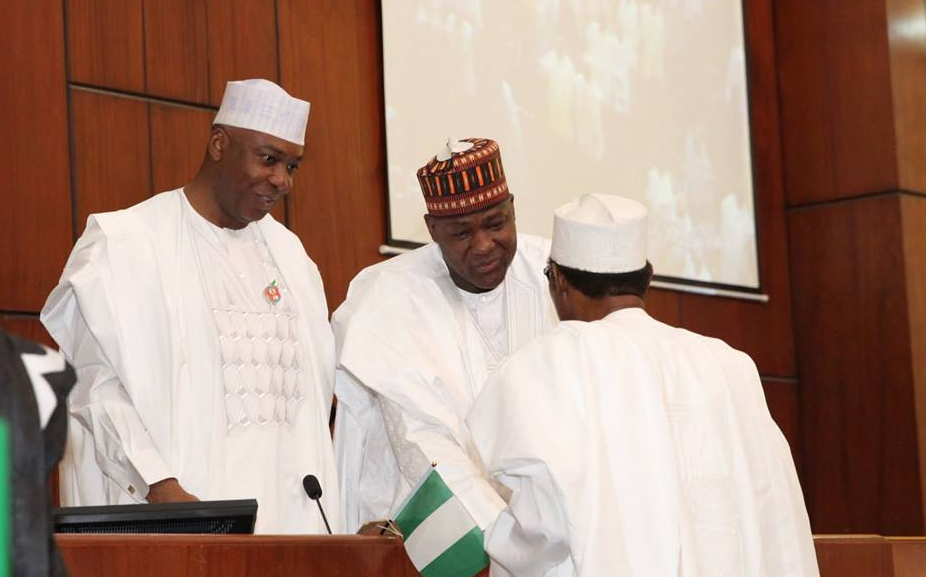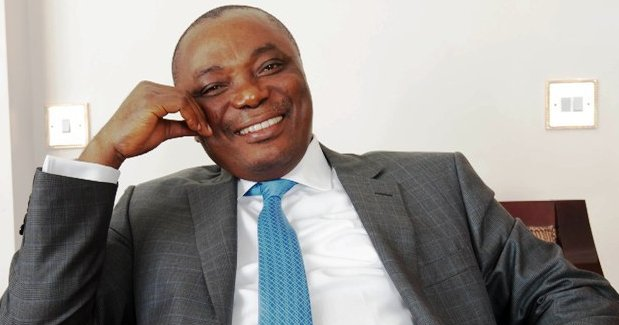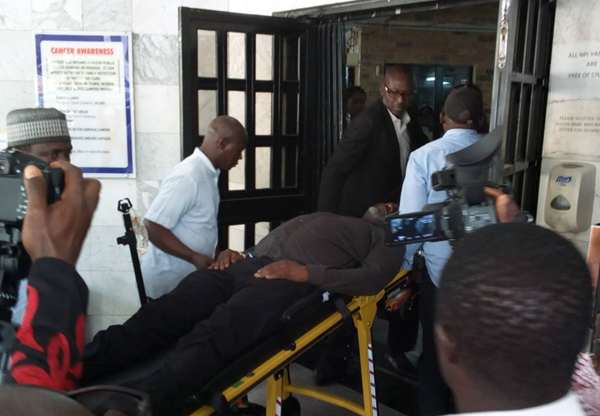On Tuesday, some members of the house of representatives called for President Muhammadu Buhari’s impeachment for approving the withdrawal of sum of $496 million without their nod.
This follows a letter which Buhari wrote to the house on Tuesday, defending his approval of the money used for the procurement of 12 Super Tucano aircraft from the US.
The money was said to have been withdrawn from the excess crude account (ECA).
In a letter written to the national assembly, Buhari said he had anticipated the lawmakers would approve the withdrawal.
Advertisement
Citing sections 80 and 81 of 1999 constitution, Kingsley Chinda, from Rivers state, said the Nigerian law does not recognise “anticipatory approval”.
“There is nowhere in our law that talked about anticipatory approval. We cannot sit down and allow this to take place. It is an impeachable offence. There is no infraction that is worse than this. Let us not continue to sleep. I propose that we commence the impeachment of Mr President,” he said.
WHAT DOES THE LAW SAY ABOUT ‘IMPEACHMENT’?
Advertisement
Section 143 of the 1999 constitution (as amended) deals with the removal of the president and vice-president from office. It is a very long process, taking at least three months to complete.
143. (1) The President or Vice-President may be removed from office in accordance with the provisions of this section.
(2) Whenever a notice of any allegation in writing signed by not less than one-third of the members of the National Assembly:-
(a) is presented to the President of the Senate;
Advertisement
(b) stating that the holder of the office of President or Vice-President is guilty of gross misconduct in the performance of the functions of his office, detailed particulars of which shall be specified, the President of the Senate shall within seven days of the receipt of the notice cause a copy thereof to be served on the holder of the office and on each member of the National Assembly, and shall also cause any statement made in reply to the allegation by the holder of the office to be served on each member of the National Assembly.
(3) Within fourteen days of the presentation of the notice to the President of the Senate (whether or not any statement was made by the holder of the office in reply to the allegation contained in the notice) each House of the National Assembly shall resolve by motion without any debate whether or not the allegation shall be investigated.
(4) A motion of the National Assembly that the allegation be investigated shall not be declared as having been passed, unless it is supported by the votes of not less than two-thirds majority of all the members of each House of the National Assembly.
(5) Within seven days of the passing of a motion under the foregoing provisions, the Chief Justice of Nigeria shall at the request of the President of the Senate appoint a Panel of seven persons who in his opinion are of unquestionable integrity, not being members of any public service, legislative house or political party, to investigate the allegation as provide in this section.
Advertisement
(6) The holder of an office whose conduct is being investigated under this section shall have the right to defend himself in person and be represented before the Panel by legal practitioners of his own choice.
(7) A Panel appointed under this section shall –
Advertisement
(a) have such powers and exercise its functions in accordance with such procedure as may be prescribed by the National Assembly; and
(b) within three months of its appointment report its findings to each House of the National Assembly.
Advertisement
(8) Where the Panel reports to each House of the National Assembly that the allegation has not been proved, no further proceedings shall be taken in respect of the matter.
(9) Where the report of the Panel is that the allegation against the holder of the office has been proved, then within fourteen days of the receipt of the report at the House the National Assembly shall consider the report, and if by a resolution of each House of the National Assembly supported by not less than two-thirds majority of all its members, the report of the Panel is adopted, then the holder of the office shall stand removed from office as from the date of the adoption of the report.
Advertisement
(10) No proceedings or determination of the Panel or of the National Assembly or any matter relating thereto shall be entertained or questioned in any court.
(11) In this section –
“gross misconduct” means a grave violation or breach of the provisions of this Constitution or a misconduct of such nature as amounts in the opinion of the National Assembly to gross misconduct.
Add a comment






